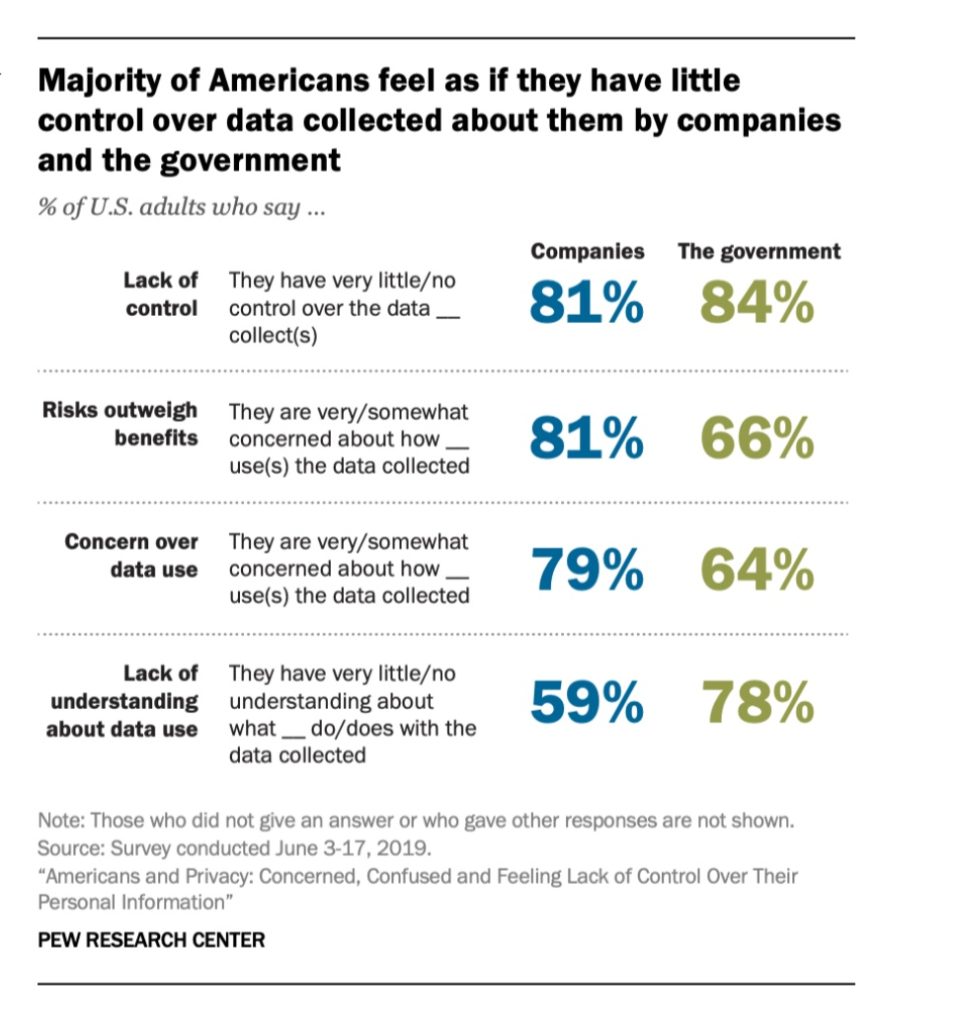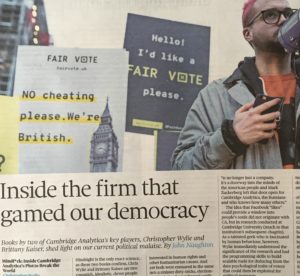Today is the 200th anniversary of the birth of Mary Ann Evans, a woman whom we all know better as George Eliot. The New Yorker has a lovely essay by Rebecca Mead about Eliot and in particular about her great novel Middlemarch. Mead has already written a book about her own encounters with that novel — how she saw it differently each time she returned to it at various times in her own life. Middlemarch, she says “is a book that grows with the reader as the reader grows, which is why, two hundred years after Eliot’s birth, a reader can find it always has something to say to her or to him.”
But now she sees it in another, contemporary, light:
Lately, though, I have found myself thinking less about Eliot’s depiction of individual characters and more about the novel’s subtitle, “A Study of Provincial Life.” When Eliot set out to write “Middlemarch,” what she seemed to have in mind was a panoramic examination of a small town and its inhabitants that would capture not just the stories of individuals but would also say something about the way a community works, and about the state of the nation. “I am delighted to hear of a Novel of English Life having taken such warm possession of you,” her publisher, John Blackwood, remarked, when Eliot conveyed her intentions to him. Revisiting “Middlemarch” in the England of 2019—a year in which Britain was due to leave the European Union but instead has been mired in parliamentary paralysis, which the forthcoming election may or may not resolve—Eliot’s ironic observations about the electoral system have a new piquancy, and her representation of the innate conservatism of English provincial life has a topical relevance.
The parallel Mead sees is between the current UK government’s attempts to leave the European Union and the first Reform Bill of 1832. She focuses on one of the lesser characters in Middlemarch, Mr. Brooke, Dorothea Brooke’s uncle and guardian, who is a comfortable member of the landed gentry, and decides to run for office under the banner of Reform.
“There is no part of the country where opinion is narrower than it is here,” Mr. Brooke tells a reproving neighbor, Mrs. Cadwallader, the rector’s wife. Eliot shows, however, that Mr. Brooke’s commitment to reform is, at best, insubstantial. Having read theorists whose ideas underlie the movement, Mr. Brooke is inclined to ideas of liberalism, but, being a comfortable member of the landed gentry, his instincts are less than disruptive. (“Let Brooke reform his rent roll. He’s a cursed old screw, and the buildings all over his estate are going to rack,” one of the burghers of Middlemarch scathingly observes, when Brooke announces his forthcoming platform.) “This Reform will touch everybody by-and-by—a thoroughly popular measure—a sort of A, B, C, you know, that must come first before the rest can follow,” Mr. Brooke argues, to a voter, with “a sense of being a little out at sea, though finding it still enjoyable.” The hallmarks of Mr. Brooke’s character, and of his political campaign, are an inconsistency of mind and an absence of intellectual rigor.
Well, well. Which contemporary political figure does that bring to mind?


